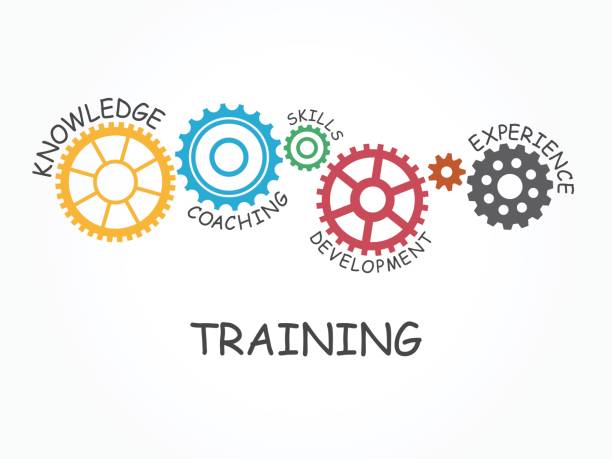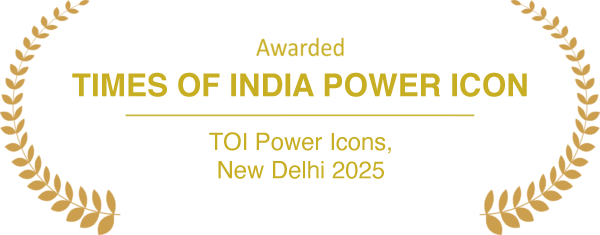Corporate trainers are instrumental in enhancing employee performance and productivity. Their responsibilities encompass various functions that contribute to the growth and development of individuals and the company. As a corporate trainer, I’ll share insights and first-hand experiences throughout this article, offering a comprehensive understanding of this role which is trained by edForce.co.

1) Understanding the Role
Training Needs Analysis
To effectively enhance the skills and knowledge of employees, a corporate trainer begins by conducting a thorough training needs analysis. This initial step identifies the gaps in the employees’ abilities and forms the foundation for designing training programs.
Curriculum Development
Creating well-structured training modules is a core responsibility. These modules should be aligned with the organization’s objectives and tailored to meet the specific needs of the employees.
Delivery of Training
The corporate trainer is at the forefront of delivering training sessions. They must engage the audience, communicate clearly, and adapt to various learning styles. It’s a dynamic role that demands versatility.
2) Essential Skills
Strong Communication
Effective communication skills are non-negotiable for a corporate trainer. The ability to convey complex information clearly and engage with diverse audiences is paramount.
Adaptability
Every training session is unique, and adaptability is key. Trainers must adjust their methods and content to suit the audience’s needs and the company’s goals.
Subject Matter Expertise
Being well-versed in the subject matter is crucial. Trainers should not only have a deep understanding of the training material but also be up-to-date with industry trends.
Empathy
Understanding the challenges employees face and being empathetic towards their learning journey fosters a positive training environment. It encourages active participation and knowledge retention.
3) Developing Training Strategies
Interactive Workshops
Incorporating interactive workshops and activities keeps participants engaged and promotes better retention of information.
eLearning Platforms
With the advent of technology, trainers often utilize eLearning platforms, making training accessible to a broader audience.
Assessment and Feedback
Regular assessments and constructive feedback help track progress and make necessary adjustments to the training programs.
Corporate Trainer FAQs
Q: How can I become a corporate trainer?
Ans: To become a corporate trainer, one typically needs a bachelor’s degree and relevant work experience. Additionally, obtaining certifications in training and development can be beneficial.
Q: What industries hire corporate trainers?
Ans: Corporate trainers are in demand across various industries, including healthcare, technology, finance, and manufacturing.
Q: Are there online courses for corporate training?
Ans: Yes, there are numerous online courses and certifications available for individuals aspiring to become corporate trainers.
Q: What are the typical work hours for a corporate trainer?
Ans: Work hours for corporate trainers can vary. Some may work a standard 9-5 schedule, while others may have to accommodate evenings or weekends to conduct training sessions.
Q: How do corporate trainers measure the effectiveness of training programs?
Ans: Measuring effectiveness can be done through assessments, feedback from participants, and tracking improvements in employee performance.
Q: Are there professional associations for corporate trainers?
Ans: Yes, there are professional organizations such as the Association for Talent Development (ATD) that provide resources and networking opportunities for corporate trainers.









